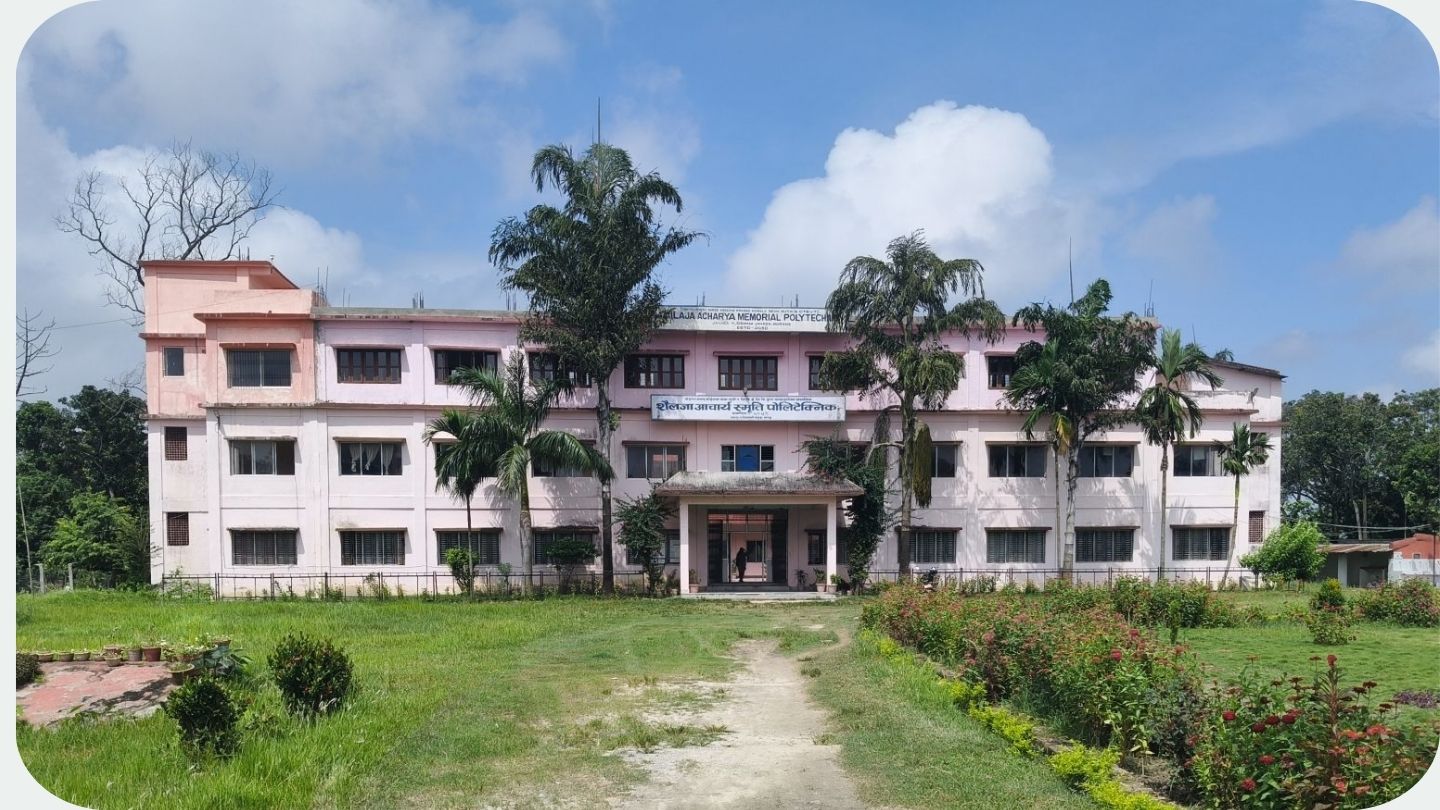Overview
Diploma in Agriculture (Animal Science) — CTEVT Affiliated
Overview
The Diploma in Agriculture (Animal Science) at SAMP builds mid-level skills for livestock production and basic animal health services under veterinary supervision. The curriculum follows the CTEVT framework and attends to local species and farm conditions.

Duration, Eligibility, and Intake
The course runs for three academic years. Eligibility, entrance, and quotas are governed by CTEVT session notices. SAMP shares timelines and document lists before admission.
Curriculum Focus at SAMP
Key areas include Livestock Production Systems, Animal Nutrition, Breeding basics, Preventive Health, Dairy and Meat Handling basics, Pasture Management, and Extension. Students practice ration planning, shed hygiene, vaccination support, deworming camps under supervision, and simple record-keeping for milk yield and growth.
Field Exposure and Records
SAMP coordinates farm visits and municipal outreach where available. Learners maintain herd books, health calendars, and input-output logs. Practical tasks include fodder plot management and basic handling procedures following safety rules.
Assessment
Evaluation includes internal tests, practical exams, viva, project reports, and final board examinations. Supervisors verify field records and task completion.
Learning Outcomes
Graduates support livestock keepers with feeding plans, routine preventive care, and referral notes. They assist in dairy hygiene checks, basic meat handling protocols in the curriculum context, and extension activities during community events.
Career Paths and Progression
Diploma holders can work with municipal livestock sections, farms, feed and input suppliers, and development programs. Further study routes include bachelor-level agriculture or related fields after meeting entry conditions.
Admission and Scholarships
Admission is merit-based under CTEVT rules with applicable quotas. Scholarships or fee concessions, when available, are announced in session notices.
Why Study Animal Science at SAMP
SAMP provides organized field routines, access to local farms, and practical exposure relevant to the Morang context. Records and supervision keep students aligned with day-to-day tasks used by employers.



















